
Government’s Fight Against Corruption: Genuine or a Facade?
One of the enduring grievances among the Nepali public is the perceived inertia of the state apparatus, regardless of the political party in power, when it comes to tackling corruption. The selective prosecution of lower-level officials juxtaposed with the apparent impunity enjoyed by high-ranking politicians has long fueled skepticism about the government’s sincerity in fighting corruption. The recent saga surrounding the gold smuggling scandal exemplifies this dilemma vividly.
In the aftermath of last year’s sensational gold smuggling case, where approximately 70kg of gold was illicitly brought into the country concealed in unconventional items like vapes and brake shoes, the formation of a high-level probe commission was met with cautious optimism. However, the public’s hope for transparency and accountability was tempered by a history of such reports being shelved or kept confidential.
The swift arrests following the submission of the probe report, including the detention of Dipesh Pun, son of former Vice President Nanda Bahadur Pun, and the nod for legal actions against former Speaker Krishna Bahadur Mahara and other implicated officials, seemed like a commendable display of governmental resolve against corruption. Yet, doubts linger regarding the thoroughness of the investigation and the government’s commitment to uprooting corruption at all levels.
The decision to withhold the findings of the probe report from public scrutiny only adds fuel to suspicions that the government might be shielding influential figures implicated in the scandal. Furthermore, concerns arise over whether the ruling coalition, particularly the CPN-UML and the Maoist Centre, will allow prosecution of their own members named in the report, potentially undermining the integrity of the investigation.
Transparency and impartiality must be the cornerstone of any genuine anti-corruption effort. Thus, it is imperative that the probe report be made public without delay. This not only demonstrates the government’s dedication to accountability but also dispels doubts about its willingness to hold all wrongdoers accountable, regardless of their political affiliations.
While the initial actions of the government seem promising, past experiences serve as cautionary tales. Nepalis vividly recall similar fervor exhibited by previous administrations, only to witness it wane under political pressures and compromises. The fear of history repeating itself looms large, as the specter of political expediency casts doubt on the government’s sincerity in its anti-corruption crusade.
As the public eagerly awaits transparency and decisive action from the government, it is incumbent upon the ruling coalition to prove its commitment to upholding the rule of law and rooting out corruption, even if it means confronting its own ranks. Anything less risks perpetuating the cycle of impunity and eroding the trust of the Nepali people in their government’s ability to deliver justice.
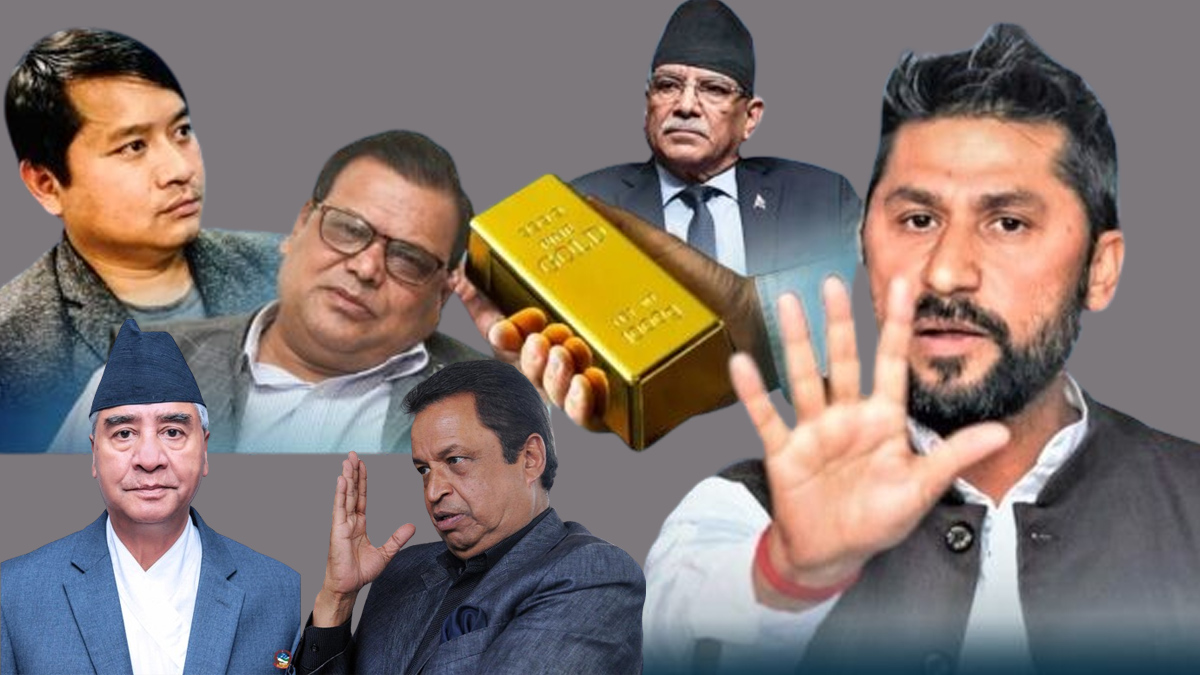


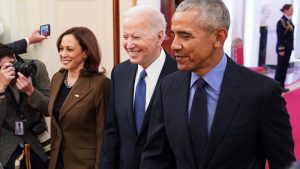
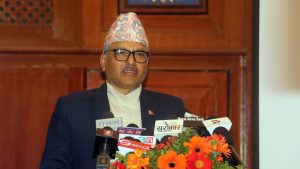
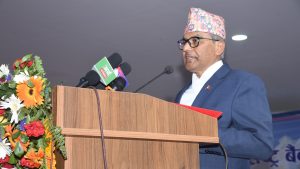
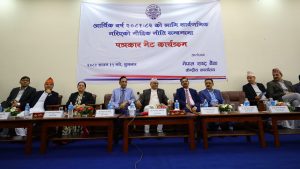

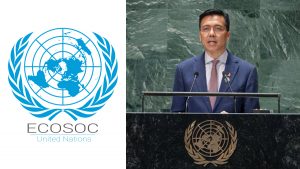
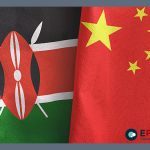





Comments